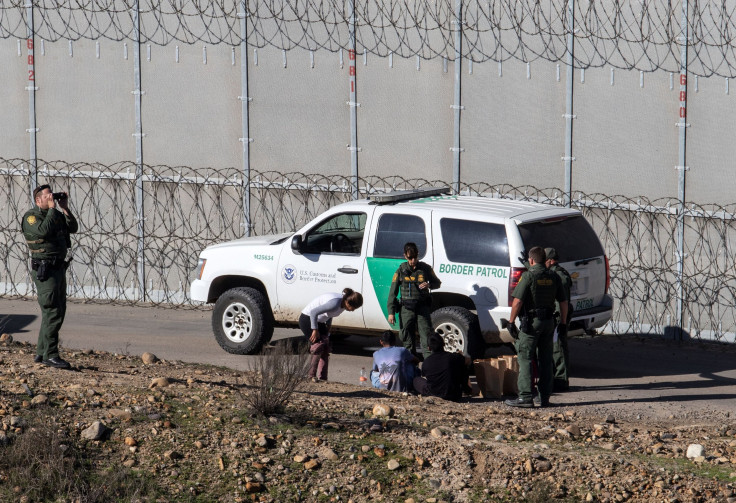Leaked Data Shows US Government Targeting Journalists, Immigration Advocates; Flagging Passports

The U.S. government has been tracking and harassing journalists and activists who covered the ‘migrant caravan’ in 2018, according to secret documents obtained by a media group.
The migrant high march had hogged headlines in international media and was seen as a reaction to Trump administration’s antipathy to the migrant influx.
Many journalists turned up to report the migrant caravan of nearly 5,000 people who were moving to the southern border of the U.S via Mexico.
When the caravan reached San Ysidro Port of Entry in south San Diego County there was a group of journalists, attorneys, and advocates waiting to witness the events and some also assisted the migrants.
President Donald Trump had dubbed the refugee march “an invasion of our country.”
After the event, many journalists alleged that they are being targeted by border officials in terms of hard inspections and scrutiny. But they had no proof to establish that claim.
One photojournalist faced inspections many times and was asked what she saw and who all she photographed at Tijuana shelters.
Another photojournalist was detained 13 hours by Mexican authorities when she tried to cross the border into Mexico City. Eventually, she was sent back to the U.S.
According to the leaked document, Customs and Border Protection (CBP) compiled a secret list of journalists and activists who accompanied the caravan and set alerts on their passports.
The database was leaked to NBC 7 San Diego by a Homeland Security source.
The “San Diego Sector Foreign Operations Branch: Migrant Caravan FY-2019 Suspected Organizers," had names of coordinators, instigators, and media persons. Overall, it had names of 59 individuals, mostly American citizens. From the list, 21 individuals were either arrested or questioned. It is unclear charges were framed or not.
The documents leaked to NBC 7 showed a SharePoint application used by agents from Customs and Border Protection (CBP) and other agencies including the Federal Bureau of Investigations.
Codenamed “Operation Secure Line,” the list had people who should be targeted for detailed screening at the border.
The document carries photo and personal information including the person’s “country of commencement,” and their role in the migrant caravan. The information also denotes whether an alert has been set on the person’s passport.
CBP defends dossier
However, the news was defended by CBP saying the list was made up of people who were present at a violent incident at the border in November. It said the case is still under investigation.
Staff attorney Esha Bhandari of the ACLU’s Speech and Technology Project slammed the government's targeting of journalists and migrants as “outrageous.”
NBC 7 talked to some journalists listed on the database and were subjected to secondary screenings. It also included freelance photojournalist Ariana Drehsler.
Drehsler confirmed her personal details in the dossier.
The Committee to Protect Journalists (CPJ) had also raised harassment of journalists at the border in its October 2018 report.
Kitra Cahana, a freelance photojournalist and U.S. citizen listed in the documents told NBC 7 that she faced higher scrutiny and was refused entry into Mexico for no valid reason.
© Copyright IBTimes 2024. All rights reserved.





















